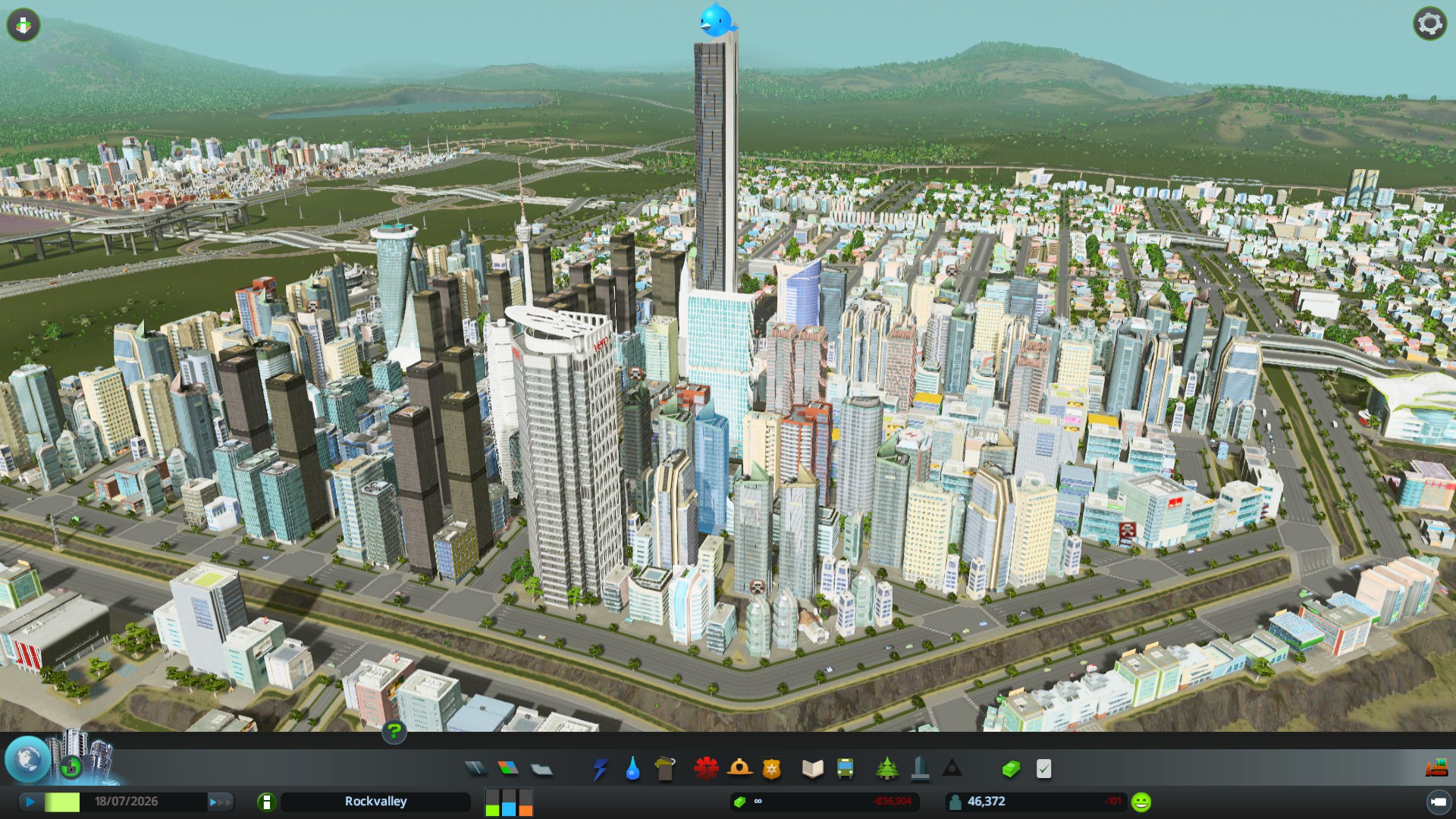

The reason the button is called "Subscribe" instead of "Download" is because games can update and mod developers can fine-tune their creations.

If a mod needs other mods to work, the workshop will also show this list. If a mod needs a DLC to work, the workshop will say so with a big purple banner above the Subscribe button and show the DLCs needed on the right. To download a mod, click on its name and hit the Subscribe button. The workshop even has save games that show how other players have used the game to recreate cities both real and fictional. This will bring players to a massive library of mods they can browse to find new assets, maps, game mods, building themes, and more. Simply go to the Cities: Skylines game page in the Library and click on the word "Workshop" that sits just below the Play button. It is by now too late to change this because it would mean updating hundreds of old mods and many of the original authors no longer play the game.By far the easiest way to find and download mods is through the Steam Workshop. There are arguably better ways to handle this sort of stuff, but modders are just coding in their _very limited_ free time and there are varied skill levels, so currently this is how things work. So some mods will then use reflection and other techniques to try and work out what version of a mod is in that folder - is it a local build from source, or just copied over from workshop? Is it an old copy from workshop, or something else.? The problem then arises "which version of Traffic Manager" - you don't know the workshop ID so there is now way to know. In this situation the developers are usually not even attempting to make their mods compatible in offline mode, they are just doing it to make their development cycle a bit easier.Īs an example, mods that integrate with Traffic Manager (TM:PE) will expect it to be in a folder called "TrafficManager" because that's where it gets put when you build from source. To work around this, devs generally expect offline mods to be in specific folder names based on the folder that the mod xcopies to when compiled from source. However, in offline mode, everything is in the Addons/Mods folder, so the PluginInfo reports PublishedFileId as ulong.MaxValue for all of those mods = useless for determining which mod it is. That PluginInfo contains a PublishedFileId (id of the item in workshop), so it's easy _and accurate_ for mods to determine which other mods are subscribed. In online workshop mod, mods query the PluginManager to get the PluginInfo for each subscribed mod.

You might still run in to compatibility issues.


 0 kommentar(er)
0 kommentar(er)
